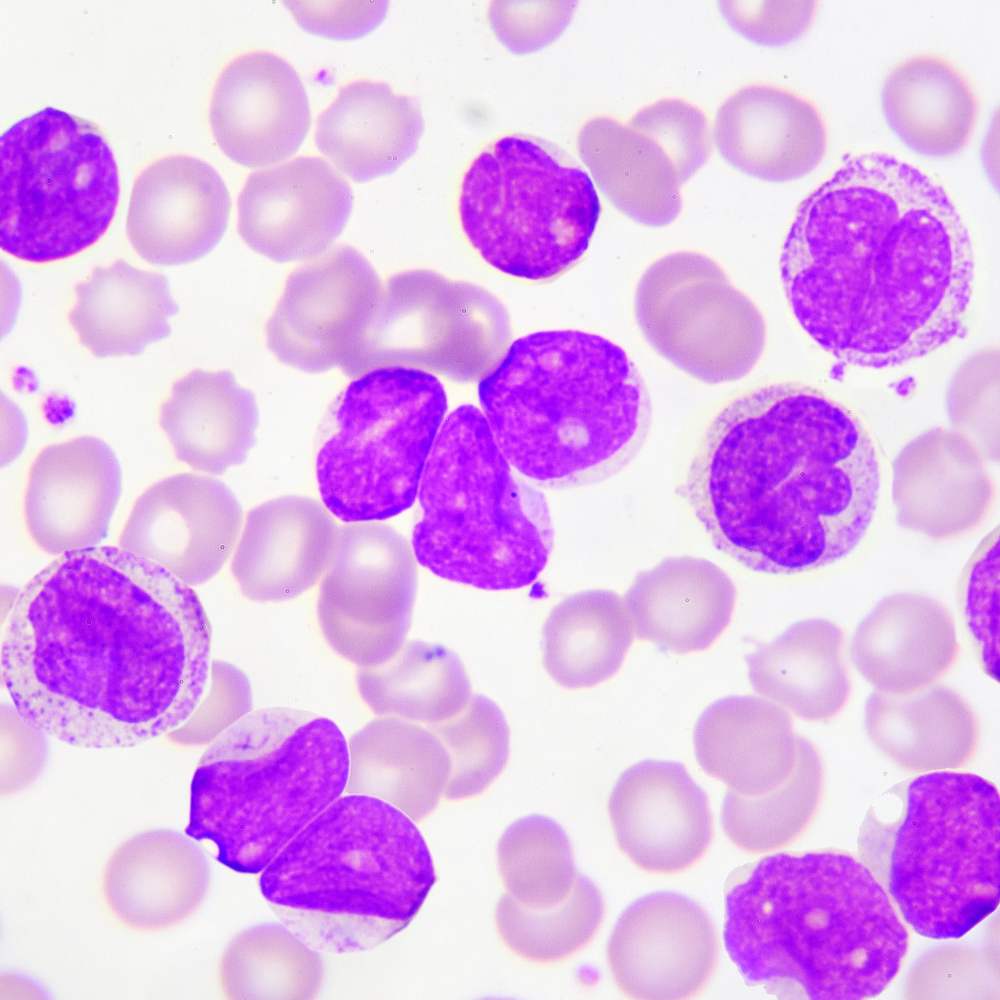
Leukemia, a cancer of the blood-forming tissues, has long been a topic of concern and research in the medical community. With advancements in medical science, the question “Is leukemia cancer curable?” has become more pertinent than ever. This blog will delve into the nature of leukaemia, its various types, and the latest treatments that bring hope to patients. We’ll also explore the promising CAR-NK Cell Therapy.
Leukemia is a type of cancer that originates in the blood and bone marrow. It involves the production of abnormal white blood cells, which interfere with the body’s ability to fight infections and can impair the function of red blood cells and platelets. Leukaemia can develop rapidly (acute leukemia) or slowly (chronic leukemia).
There are several types of leukemia, each affecting different groups of cells and presenting varying prognoses and treatment options. The main types include:
ALL is most commonly found in children but can also occur in adults. It involves the rapid proliferation of immature lymphocytes, a type of white blood cell. Treatment often includes chemotherapy, radiation therapy, and sometimes stem cell transplants.
AML affects the myeloid cells, which are responsible for producing red blood cells, platelets, and certain white blood cells. This type of leukaemia progresses quickly and requires aggressive treatment, often involving chemotherapy and bone marrow transplants.
CLL primarily affects adults and progresses slowly. It involves the overproduction of mature but dysfunctional lymphocytes. While it may not require immediate treatment, therapies such as chemotherapy, targeted drug therapy, and immunotherapy are often employed as the disease progresses.
CML is characterized by the excessive growth of myeloid cells. It progresses more slowly than acute leukemias and is commonly treated with targeted therapies like tyrosine kinase inhibitors, which have significantly improved the prognosis for many patients.
Leukemia symptoms can vary depending on the type but often include fatigue, frequent infections, fever, easy bruising or bleeding, and unexplained weight loss. Diagnosis typically involves blood tests, bone marrow biopsies, and genetic tests to identify specific mutations.
When it comes to treating leukaemia, there is no one-size-fits-all approach. The best treatment plan depends on the type of leukemia, the patient’s overall health, and specific genetic factors. Advances in medical research have led to a variety of treatment options, ranging from traditional methods like chemotherapy and radiation therapy to cutting-edge innovations such as targeted therapy and CAR-NK cell therapy. Below, we explore the main treatment options available today, offering hope and improved outcomes for patients battling leukemia.
Chemotherapy remains a cornerstone of leukemia treatment, utilizing drugs to kill rapidly dividing cancer cells. It can be administered orally, intravenously, or directly into the cerebrospinal fluid, depending on the type and stage of leukaemia.
Radiation therapy uses high-energy radiation to destroy cancer cells. It’s often used in conjunction with chemotherapy, particularly in cases where the leukemia has spread to the central nervous system or other organs.
Stem cell transplants, also known as bone marrow transplants, replace damaged bone marrow with healthy stem cells. This procedure can be life-saving but requires a suitable donor match and carries significant risks.
Targeted therapies, such as tyrosine kinase inhibitors for CML, specifically target cancer cell mechanisms without affecting normal cells. These therapies have revolutionized the management of certain types of leukemia.
Immunotherapy boosts the body’s immune system to recognize and fight cancer cells. This approach includes monoclonal antibodies, immune checkpoint inhibitors, and CAR-T cell therapy, which involves genetically modifying a patient’s T cells to attack cancer cells.
One of the most exciting advancements in leukemia care is CAR-NK cell therapy, an innovative approach offered by F3nix Institute. CAR-NK cell therapy involves engineering natural killer (NK) cells to express chimeric antigen receptors (CARs) that can specifically target and destroy leukemia cells. This therapy has shown promising results in early clinical trials, offering a potential new avenue for patients who have not responded to traditional treatments. Unlike CAR-T cell therapy, CAR-NK cells have a lower risk of causing severe side effects such as cytokine release syndrome, making them a safer alternative for some patients.
The question “Is leukemia cancer curable?” doesn’t have a simple answer, as the curability of leukemia depends on many factors, including the type of leukemia, the patient’s age, and the presence of specific genetic mutations. However, advances in treatment options, including chemotherapy, targeted therapies, stem cell transplants, and innovative therapies like CAR-NK cell therapy, are continually improving outcomes for patients.
It is difficult to say if leukaemia cancer is curable. But advancements in treatment and therapy offer substantial hope. With tailored approaches for each type of leukemia, progress in chemotherapy, radiation therapy, stem cell transplants, targeted therapies, and immunotherapy has significantly improved patient outcomes.
CAR-NK cell therapy, an innovative therapy, shows promise in safely and effectively combating leukemia. While a universal cure remains elusive, ongoing research and clinical trials are steadily moving us closer to this goal. These advancements provide a hopeful path for patients, with the potential for better health and longer lives, and the possibility of a future cure.
Leukemia & Lymphoma Society | Blood Cancer Leaders | LLS. (2024, June 3). https://www.lls.org/
Leukemia. (n.d.). American Cancer Society. https://www.cancer.org/cancer/types/leukemia.html

The foremost Cancer Therapy is here.
;
;